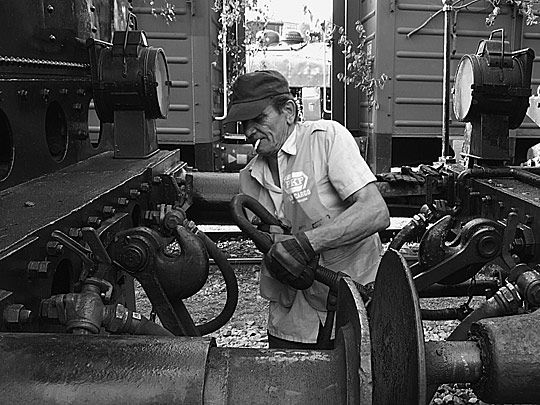TGR carries my latest on vocation and the sacraments, in which I stress how we are fomed by God as we form God’s world through our work:
Whatever primacy the sacraments have is only a redemptive primacy, not a primacy in the order of creation that redemption is restoring. They are primary as means of redemptive grace, but not primary as divine means across the board. In other words, the purpose of grace is not to replace nature but to perfect nature, and the sacraments have primacy in the perfecting process but not in nature as such…
Daily work, that inheritance of the whole human race, takes center stage six days of the week. On Sunday, it should humbly take a seat in the pew, so the special things of redemption can be exalted. But then the special things of redemption must walk down the aisle to daily work and say, “friend, go up higher.”
This, by the way, is what’s wrong with the Benedict Option – at least as practiced, whatever the theory might be. While specifically Christian communities have a key role in spiritual formation, they cannot substitute for the spiritual formation that takes place as we participate in the surrounding culture through our daily work – and you can’t use daily work as spiritual formation if you take the resentful stance of opposition toward the surrounding culture that TBO represents in practice, whatever the theory might be.


